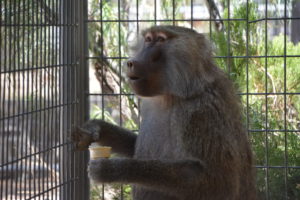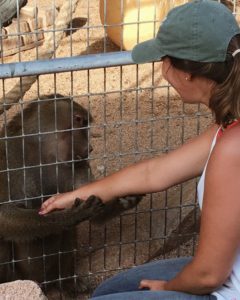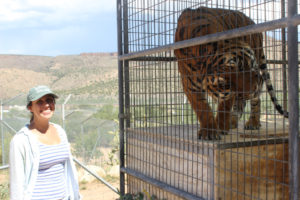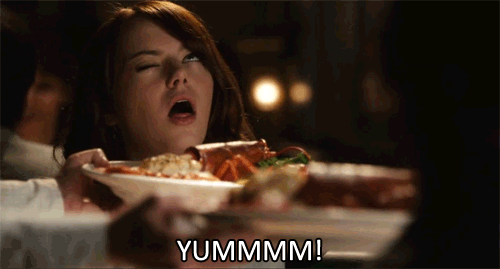Networking. What’s the first thing that comes to mind when you see that word? It’s probably something like this…
Or this..
Many people feel uncomfortable with networking because they view it as begging someone for a job at a large formal event. Of course it seems daunting, sleazy, and uncomfortable when approached like that! Good networking can be wonderful, insightful, and mutually beneficial for everyone. Here is a definition for networking that I like to give…
Networking is making connections and building relationships with the people around you.
Yes really, that’s it! It’s not necessarily in pursuit of a job although that can be a great benefit of networking.
I was also unfamiliar with the wonders of networking until I had the privilege to go on CP&R’s LA Media Networking Trek. I signed up for the trek because I knew I was interested in entering the media industry after college. But as far as the second part of the trip’s title, let’s just say I didn’t give it much thought. That is until after the trek when I realized how important and exciting networking can be.
Here are a few tips for building your network that I have picked up. The good news? These are likely things you already do!
1)Work hard. Be yourself.
Networking is something you’re already doing. It is really all about the connections that you build with family, friends, and people you know. Chances are that you already have an expansive network that you’re not even conscious of. By working hard and being the genuine to yourself, you are making a good impression on those around you. People genuinely want to help! If you ask for advice or help in your career goals, you will be surprised by how positively people respond to you. By presenting the best version of yourself, you’re setting up a positive chain reaction of events.
2) Ask questions.
Building your network is about making connections by asking people simple questions. Where have they been, and where are they going? Do they have any advice for you if you’re interested in their career path? Asking these questions can lead to amazing insights, whether in a more formal informational interview setting or just to others you know. You will be surprised at how fascinating and interesting other people’s stories can be. And chances are they will ask you these questions right back. Then, because you have established a good connection with them by being courteous and working hard, they may look out for opportunities for you in the future.
3) Be polite.
It is important to remember that everyone has their own network. Chances are that even if the person you’re talking to isn’t in the field that you’re interested in, they know someone who is. Never discount building a relationship and being courteous to others just because they don’t have an obvious connection to what you want to do. You never know how that relationship is going to benefit you or haunt you in the future.
4) Get involved!
You probably know it, but the people around you are going to do amazing things in the future. By finding ways to get involved in your community, you are not only building your own network by making connections, but you are also opening up paths for others. People think of networking as a selfish thing. But not only do the people around you build connections to the places you want to go, you have the opportunity to build bridges for them. At least for me, there is something incredibly fulfilling about this connecting aspect of networking.
With all this in mind, go out there and rock it! Because you’re already doing this all by your amazing self! You got this!










